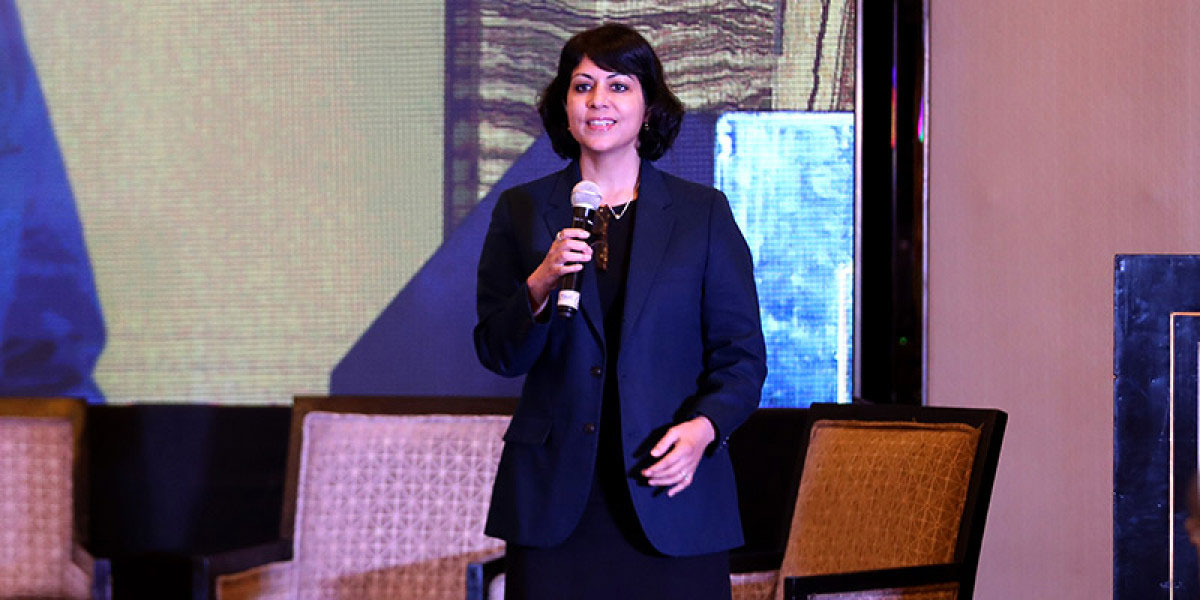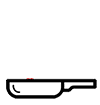Rachna Chhachhi’s food tips to restore health while dealing with hormonal issues
Often when people are diagnosed with a health issue, the immediate concern is what changes should I make in my diet? Which foods should I avoid? These are questions that you ask an expert – and even check online – to make sure that you get your body moving on the right track.
Rachna Chhachhi, nutritional therapist and holistic cancer coach, answered some of these questions at the third edition of Home Chef Matters.

“The gut is compromised in all hormonal issues”, says Rachna. According to her, certain foods should be avoided by people dealing with hormonal issues in order to restore their health. These foods include:
Dairy products
One should not have a cow’s hormone inside them when they’re experiencing a hormonal imbalance. Women with hormonal issues are prone to having sugar spikes. Thus, the lactose in dairy products can be harmful for them. Organic milk should also be avoided in such a situation as it has traces of cow’s hormones.
Processed meats
They can cause great harm to a body dealing with hormone fluctuations. Many young girls these days suffer from PCOD or thyroid issues. In order to lose weight, they usually combine low calorie chicken salami or sausage with a salad, believing that they’re eating healthy. Unfortunately, they are unaware of the fact that processed meats create a havoc with the endocrine system. These endocrine disrupters need to be eliminated from the diet.
Millets
A lot of women go on a millet diet with salads and end up feeling bloated. Millets are linked with creating acidity and headaches in women who have hormonal issues. On the other hand, in diabetics, all millets other than bajra tend to cause a sugar spike.
Gluten
For people suffering from IBS (Irritable Bowel Syndrome) or celiac disease, gluten should be a big NO as it interferes with food absorption! Gluten, dairy and nuts are considered to be some common allergens in food.
Rachna believes that “the primary ingredient in healing is food”. It should be considered as a medicine. In all medical conditions, including hormonal issues, there are several phases of healing. The first step is elimination. Once you have eliminated certain foods, you need to aggressively add stuff that heals you. Subsequently, in the stabilisation phase (and even after that), make sure that your plate is 65 percent vegetables and salads and the remaining 35 percent includes carbohydrates and proteins. Have a good balance of fruits and veggies. Focus on unsaturated oils and high-fibre carbohydrates like brown rice, oats, quinoa, etc. Many people miss out on oil – it’s important to eat good fat to stay healthy. Organic eggs are also very beneficial in hormonal issues. Have simpler stuff and stay away from exercise for a couple of weeks. (Good riddance!) Once you regain your energy, start with gentle yoga and gradually incorporate moderate aerobics and light exercises.
Preserving nutrients of the food while cooking and storing, replacing certain ingredients with healthy substitutes and having fresh organic foods are some good ways to eat healthy. Rachna shares her wisdom not only as an expert, but also from her personal experience of being an autoimmune warrior.
Do you have any dietary suggestions for people dealing with hormonal issues? Please let our readers know by sharing your recommendations below.
